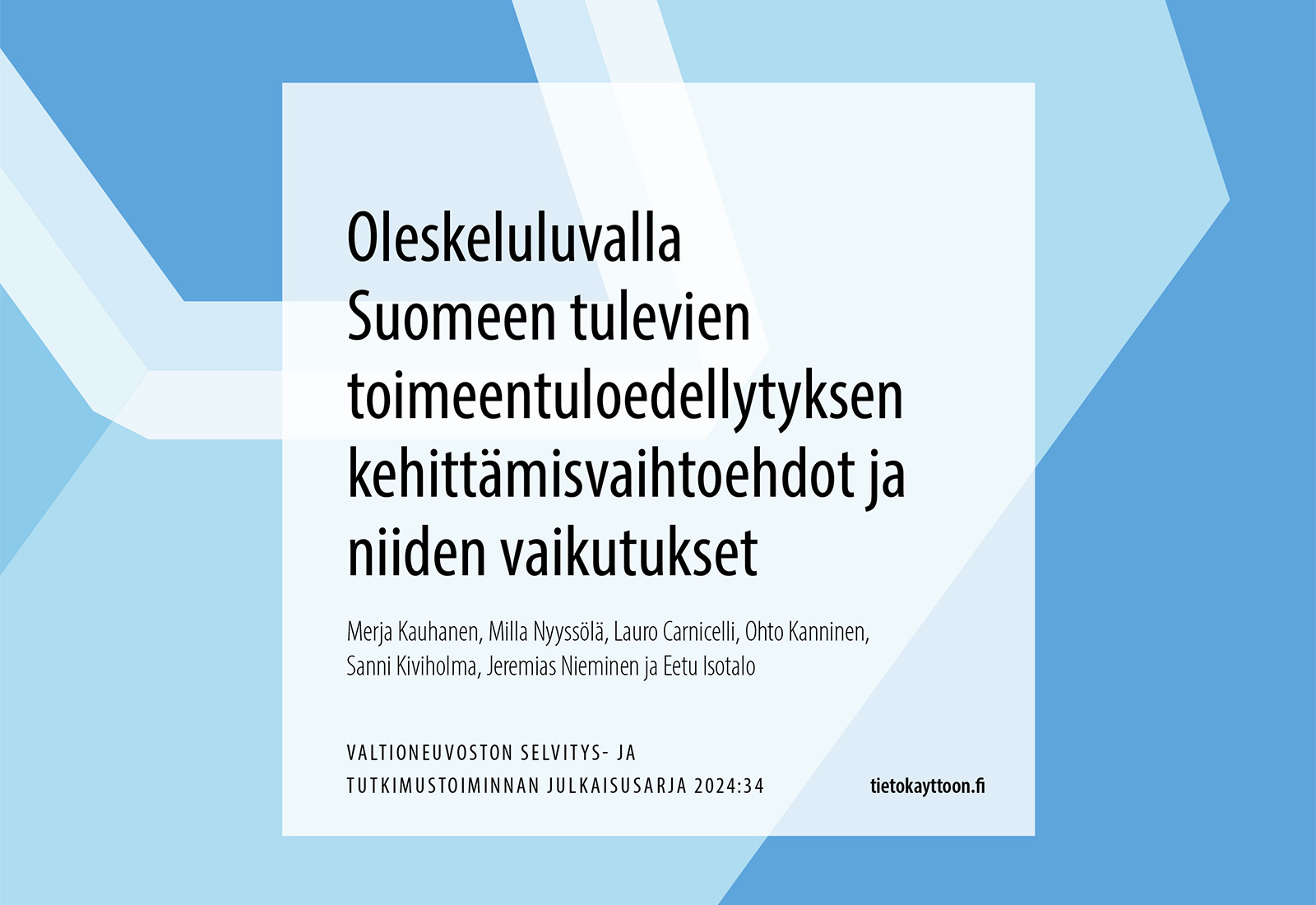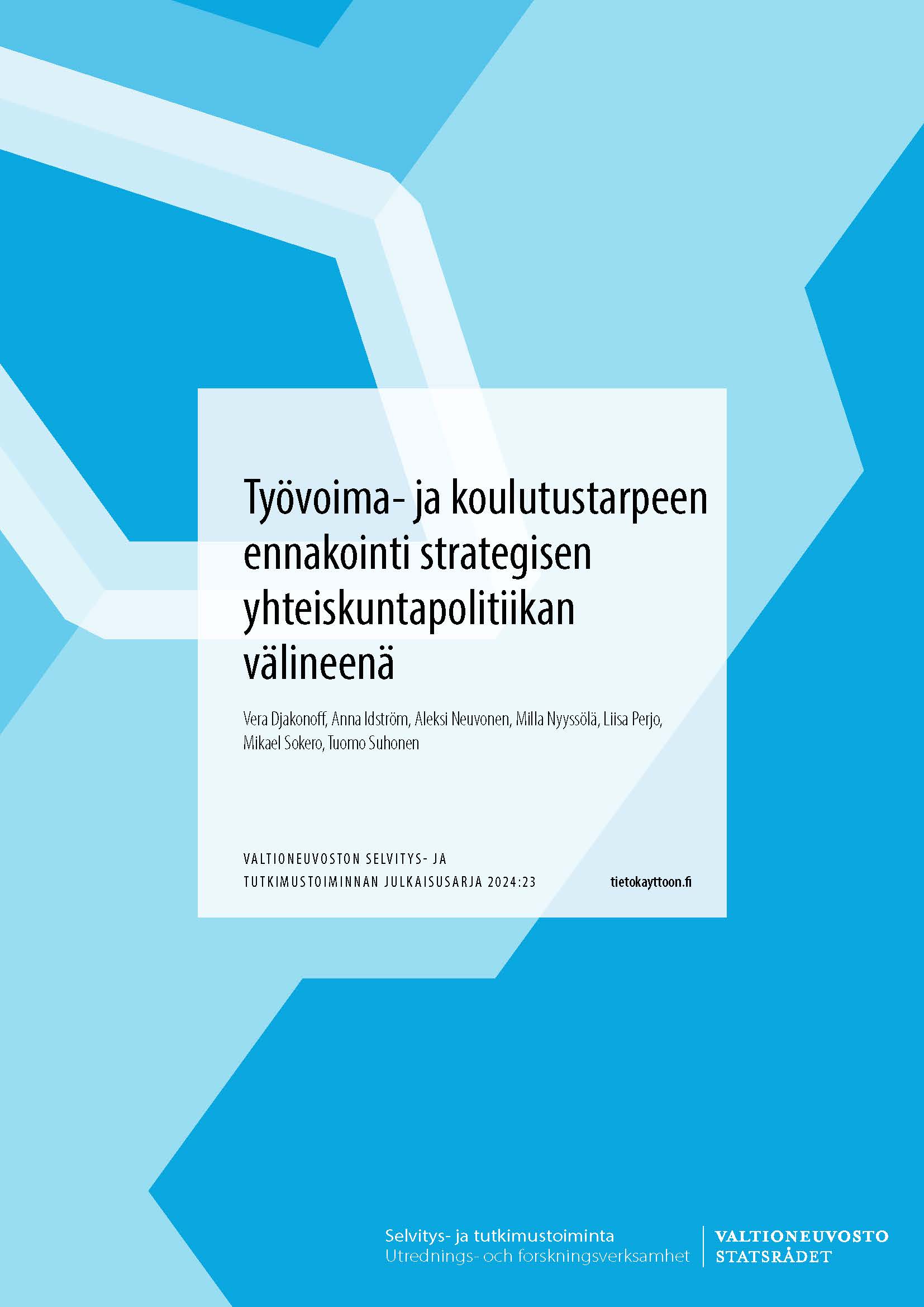Assessing the impacts of the diesel fuel tax subsidy
Abstract
The project assessed the impacts on the environment, competitiveness and regional development of the diesel fuel tax subsidy, and the impacts on businesses and households of its removal, with particular attention paid to the impacts of the subsidy on income distribution between households. The study also examined alternative ways of compensating households for removal of the subsidy.
Simulations with a computational general equilibrium model indicate that removal of the subsidy would only have a minor weakening effect on the cost competitiveness of the export industry. From the business sector perspective, the key finding was that tax increases are not necessarily passed on to commodity prices in full; the effect depends on which type of markets the producers operate in. The increase seems to trickle down in the value chain to the prices of other intermediate products.
Fuel taxation has a significant controlling impact as regards environmental effects. From the point of view of cost-effective reduction of carbon dioxide emissions, the difference in the tax treatment of diesel and petrol reduces the chances of achieving technology-neutral and cost-effective emission reductions.
In the regional perspective, the potential effects of diesel price increases are distributed unevenly across regions. The effects of compensating households for removal of the subsidy were also simulated in the study. Compensation seems to reduce not only average effects but also to mitigate the effects on the most vulnerable households in particular.
Publication Information
Honkatukia, J., Keskinen, P., Ruuskanen, O.-P., & Villanen, J. (2020), Dieselin verotuen vaikutusten arviointi, Publications of the Government´s analysis, assessment and research activities 2020:4.
- ISSN: 2342-6799 (Online)
- ISBN: 978-952-287-824-3 (Online)


